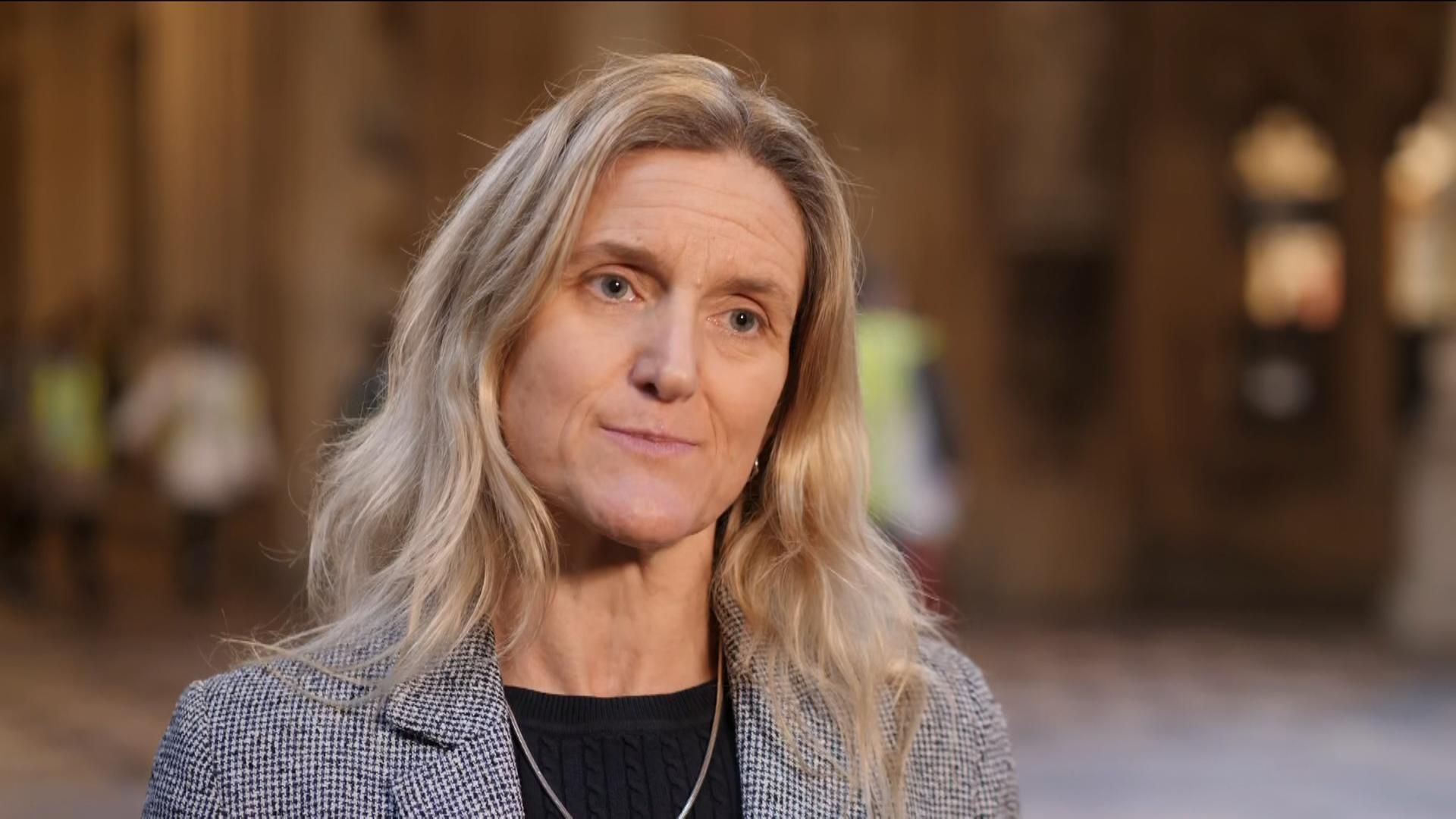The next debate on the assisted dying bill has been postponed to allow MPs more time to consider their positions following controversy over amendments.
Kim Leadbeater, the MP who introduced the bill, has sent letters to all 650 MPs saying the next debate will now take place on 16 May, instead of 25 April.
She said she had listened to MPs “on all sides of the issue” who have said they would welcome more time to consider amendments made to the bill through a scrutiny committee of 23 cross-party MPs from both sides of the debate.
The new date is now after the local elections on 1 May.
Politics latest: Trump tariffs ‘very challenging’, Starmer says
Ms Leadbeater recently said 150 amendments have been adopted to the bill, which aims to allow terminally ill people to end their lives “on their own terms”.
One of the biggest and most controversial amendments has seen the requirement for a High Court judge’s involvement scrapped and replaced with a voluntary assisted dying commissioner.
The cheerful optimism of supporters of the assisted dying bill has turned to nervousness
Assisted dying in doubt as rollout could be delayed until at least 2029
Isle of Man to become first of British Isles to legalise assisted dying
It will comprise of a judge or former judge to oversee assisted dying cases, along with expert panels featuring a senior legal figure, a psychiatrist and a social worker.
Ms Leadbeater also announced an impact assessment of the revised bill will now not be published this week, and she wants MPs to have time to look at it before the next stage (the report stage), when all MPs consider what has been done at the committee stage.
She said the delay of three weeks “is now sensible”, given the comments made on the amendments and her belief “it is more important to do this work properly than to do it quickly”.
Be the first to get Breaking News
Install the Sky News app for free
The MP added she is “absolutely confident” that delaying the next debate will not stall the bill’s passage towards becoming law, if MPs support it.
In late March, Ms Leadbeater pushed back the rollout of assisted dying – if it passes – to at least 2029 instead of 2027 as she said it was “more important to do this properly than to do it quickly”.
Read more:
What is in assisted dying bill?
The lengthy delays to assisted dying bill
Optimism of bill supporters turns to nervousness
Please use Chrome browser for a more accessible video player
She said she believes the amendments already chosen have “significantly strengthened what was already the most robust assisted dying legislation in the world”.
But, she said she appreciates some of the changes are “significant and colleagues will want time to study them”.
She also wants politicians from the Welsh government to have more time to consider how the bill would apply in Wales, as it affects both England and Wales.
The amendment removing a requirement for a High Court judge would give the bill “additional patient-centred safeguards” by providing a “range of expertise”, Ms Leadbeater said.
Opponents say this “fundamentally weakens protections for the vulnerable and shows just how haphazard this whole process has become”.
After that amendment was accepted, 26 Labour MPs previously in favour said it does “not increase judicial safeguards but instead creates an unaccountable quango”.
Follow our channel and never miss an update.






